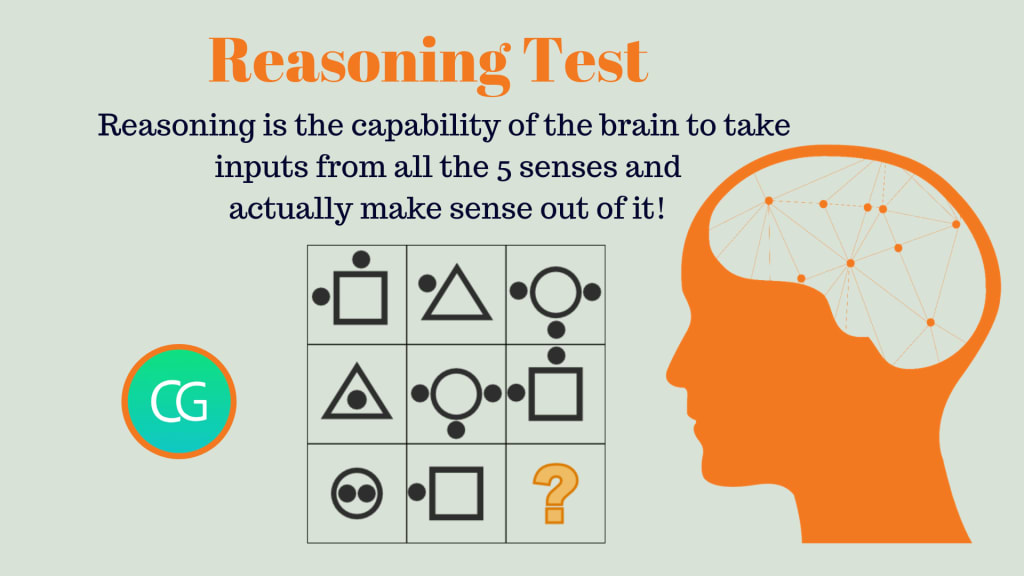Online Reasoning Test : Part Of Aptitude Test, Analytical Skill, IQ Test
Reasoning test is an integral part of many other tests used for pre employability assessment Here are the various types of logical reasoning test

The one thing that makes humans far superior to other beings is the ability to reason and think logically.
Reasoning is the capability of the brain to take inputs from all the 5 senses and actually make sense out of it!
We as humans use logic in fairly everything we do in our day to day life.
But, why is reasoning so important in the corporate world?
What’s all the buzz around the logical reasoning test for pre-employment?
Why do employers put so much time and effort testing candidates for this particular skill?
If these are some of the questions that are haunting you, you have come to the right place!
Well, as an employee in any organization, you will face numerous situations where you need to brainstorm ideas and make important decisions. That’s exactly where logic comes into the picture!
Basically, companies want to make sure that you will be able to make the right decisions even when under pressure before they hire you for that precious role you have been eyeing!
TYPES OF REASONING TEST
Even though the basic idea and logic behind every part remain the same, the test is divided into different parts to test specific skills which might be required for special job roles.
Diagrammatic Logical Reasoning
The diagrammatic logical reasoning test also called inductive reasoning or abstract reasoning is the most common form of the test.
The type of questions in this test assess your problem-solving skills and are generally used to test candidates for roles which require high problem-solving ability like the finance sector.
Diagrammatic tests also assess a person’s decision-making skills and ability to think critically which are essential traits to perform under high-pressure situations. They also test how an applicant works with unfamiliar information.
The questions in this type of tests require you to interpret data, identify patterns and spot the odd ones out or predict the next set of images.
Commonly, they have a series of pictures. The aim of such questions is to measure your ability to reason logically.
This test is closely co-related to IQ tests
From the employer’s point of view, such tests are necessary to determine a person’s general intellect, irrespective of the educational and cultural background.
Lateral thinking is very essential to solving such questions.
Psychotherapists recognize that the law is generally in place to uphold client-therapist confidentiality. However, there are situations that may occur where the therapist is under obligation to break that confidence. This obligation can vary depending upon where the therapist is practising and it may occur as a result of their employment contract or of the law. Where such an issue does occur, the therapist is expected to firstly try and discuss the presenting issue with the client; however, in situations where the factors under consideration are particularly urgent, it is accepted that this cannot always be the case.
Legitimate braches of confidentiality relate to circumstances where the information the client has shared relates to acts of terrorism; information of this nature must be reported. There are other circumstances where breaching confidentiality may be considered legitimate, for example, in the case of serious crime or suspected child abuse. Individual employers and independent therapists have their own boundaries but must agree with this contractually with their client at the outset of the therapeutic relationship.
This skill is necessary to measure a person’s quick acting skills when there is a lot information to process and come to a conclusion which seems to be the best possible answer. But it doesn’t mean he has to “jump” to conclude.





Comments
There are no comments for this story
Be the first to respond and start the conversation.